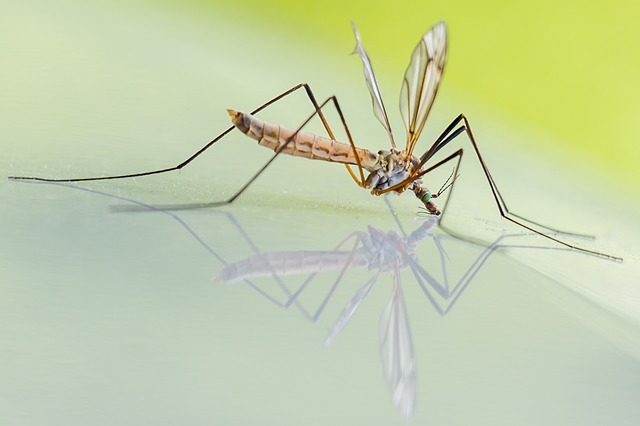The spread of Zika in the Caribbea and South America has slowed down, resulting in a decrease of the virus’ spread in Florida this year, health officials announced.
Dr. Henry Walke, the Centers for Disease Control and Prevention’s incident manager for Zika response, said that herd immunity has contributed greatly to the decline of the virus outside the continental US. Herd immunity is when enough people in a specific area are infected, so that they develop a resistance to it, ABC News reports.
Walke said,
People that were infected before can’t be infected again. That’s our understanding. So you don’t have as much of the virus circulating. That’s true not only in Puerto Rico but throughout the Caribbean and throughout South America.
However, health experts caution that herd immunity will not prevent the virus from possibly re-emerging again. This happened in Florida with other mosquito-borne viruses. Mara Gambineri, Florida Department of Health spokesperson, said, “As we’ve seen with chikungunya and dengue, it is not unlikely that we will experience small outbreaks of Zika in the future.”
Derek Cummings, an epidemiologist with the University of Florida’s Emerging Pathogens Institute, said that herd immunity is not permanent. “As years go by, more people are born into a population and they haven’t encountered Zika, and so they’re going to introduce susceptibility into the population. Some number of years from now, those susceptible populations will rise to where you’d have sufficient numbers and then maybe we’d be doing this all over again.”
State health officials confirmed 1,456 Zika infections in Florida for 2016. The number of infections prompted the CDC to issue a domestic travel advisory for pregnant women to avoid visiting Miami-Dade County.
This year, there have been a report 135 Zika cases in Florida so far, but none have been linked to local mosquito infections. The CDC lifted the travel ban in June.
Officials are warning residents and visitors to stay alert. “The threat is still there. It hasn’t gone away. It will not go away any time soon.”
























